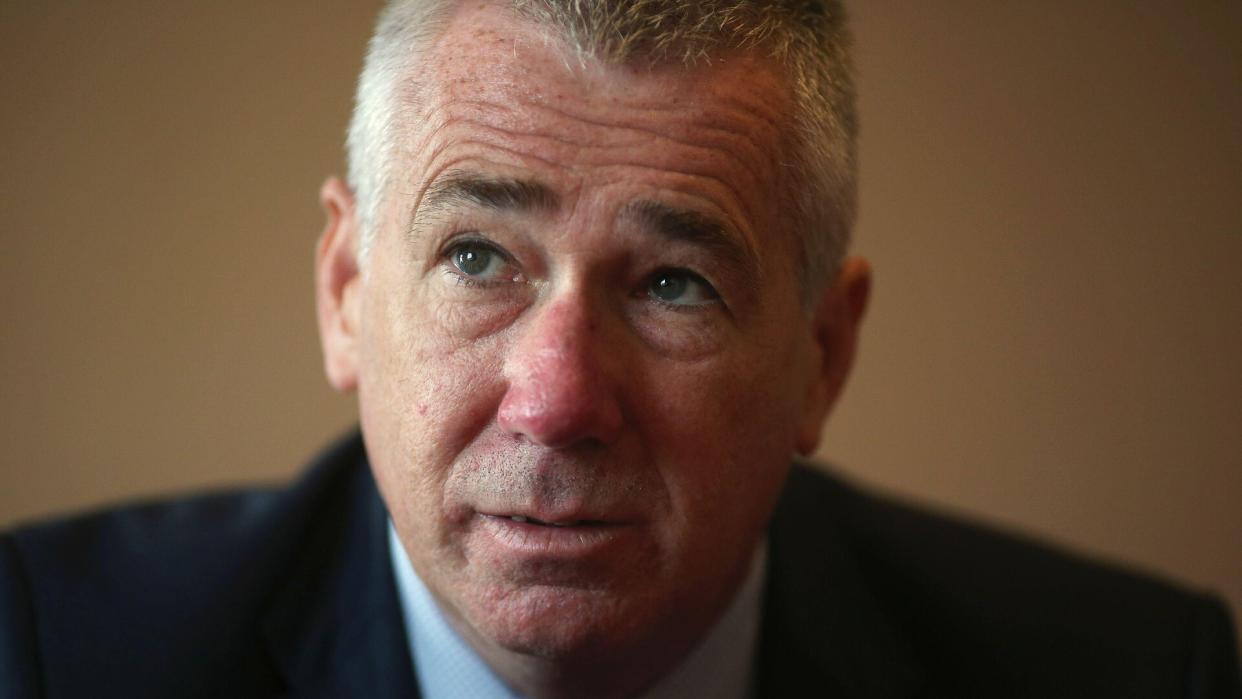Stakeknife: the killer who spied for Britain

Freddie Scappaticci was the feared leader of the Provisional IRA's "Nutting Squad", the Internal Security Unit tasked with identifying informers – and with abducting, torturing and executing them as traitors to the Republican cause. It's thought that Scappaticci's unit carried out around 30 such murders in the 1980s, 18 with his personal involvement, said Rory Carroll in The Guardian.
Yet Scappaticci was himself a traitor. Codenamed Stakeknife, he was the prized "golden egg" of British military intelligence, deep inside the IRA. The stocky west Belfast bricklayer was paid up to £80,000 a year for information that "helped to neuter the IRA and save lives". In 2003, after being outed as Stakeknife by the media, Scappaticci fled to England and lived under MI5 protection until his death last April, never facing justice. Now, decades after the end of the Troubles, a reckoning of sorts has arrived. Operation Kenova, a seven-year inquiry into Stakeknife's crimes, has published its interim report.
Led by Northern Ireland's chief constable, Jon Boutcher, the investigation has taken 1,000 witness statements and amassed 50,000 pages of evidence, and has cost £40 million. Its verdict is "damning", said Eliot Wilson in The Spectator. It finds that Stakeknife's handlers let the IRA commit murders that could have been averted, including of other informers, in order to protect his cover.
Overall, it says, it's "probable that this resulted in more lives being lost than saved". The report sheds light on a period that involved "difficult moral trade-offs and murky decisions", said Owen Polley on CapX. However, its demand for an official apology from the British state has angered some unionists, given that "the crimes of the IRA, many of them unsolved, are rarely subjected to such historical scrutiny".
Like many other investigations into civil conflicts around the world, this one chose "truth" over "justice", said James Harkin in The i Paper. No one, whether IRA commander or British officer, will face prosecution as a result of assisting Operation Kenova. Who would talk under such a threat? But the implicit bargain in such cases is that "we get to hear the whole truth", whereas this report is "disappointingly sketchy". It seems that the "British security state" remains addicted to secrecy: Boutcher reports that "some state agencies have stonewalled or withheld information"; and official protocols mean that even now, he can "neither confirm nor deny" that Scappaticci was actually Stakeknife. Operation Kenova is a start. But "it will take many more decades to get the real story".

